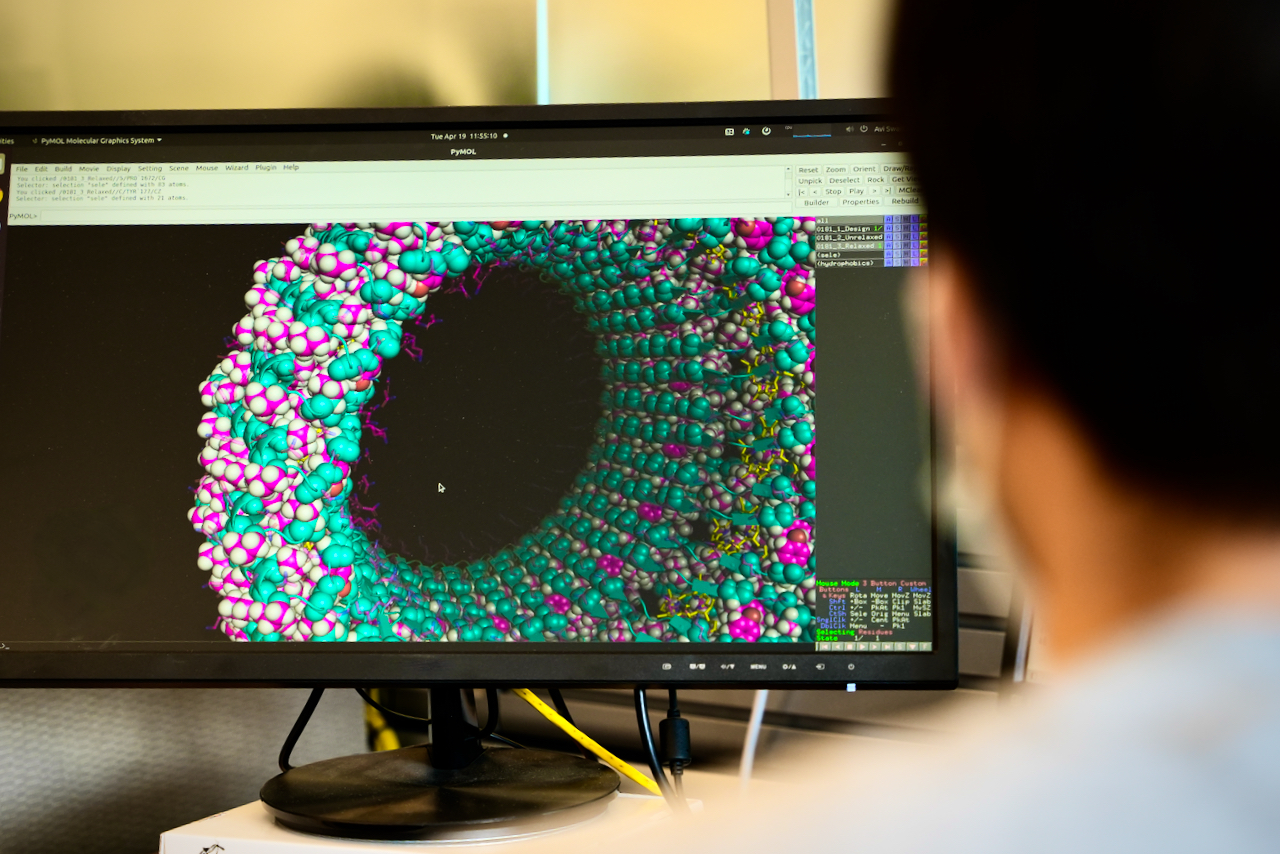
After years of hype, the first AI-designed drugs fall short in the clinic
The first AI-designed drugs have ended with disappointment.
Over the last year-plus, the first handful of molecules created by artificial intelligence have failed trials or been deprioritized. The AI companies behind these drugs brought them into the clinic full of fanfare about a new age of drug discovery — and have quietly shelved them after learning old lessons about how hard pharmaceutical R&D can be.
Earlier this month, UK-based Exscientia slipped into a pipeline update that a Phase I/II study of its cancer drug candidate EXS-21546 was winding down. That cut followed a decision last year by its partner Sumitomo Pharma to abandon another of its AI-designed drugs. In April, a test of BenevolentAI’s dermatitis drug fell short as well. And Recursion Pharmaceuticals — the third of AI’s early generation — hasn’t recorded a trial failure but has had a handful of clinical setbacks that don’t necessarily bode well.
 Patrick Malone
Patrick MaloneThere’s no shortage of AI naysayers, and the 0-for-3 start suggests that AI hype has set unrealistic expectations. Clinical wins are rarities in biotech, where an estimated 5% or 10% of drugs that head into human testing actually get approved.
“If you take the hype and PR at face value over the last 10 years, you would think it goes from 5% to 90%,” Patrick Malone, a principal at KdT Ventures, said of AI. “But if you know how these models work, it goes from 5% to maybe 6% or 7%.”

All of the news, delivered with full-text to your inbox. For professionals discovering, developing, and marketing biopharmaceutical drugs.
These three companies have been at this for roughly a decade, combining to rack up an accumulated deficit of over $1.5 billion.
 Ivan Griffin
Ivan GriffinThe reality check of the clinic, paired with a dour biotech market, has beaten up these first-generation biotechs that went public in 2021 or 2022. Their stock prices are all down at least 75%, underperforming the biotech market, even as new AI startups have continued to raise substantial sums of money. Generate:Biomedicines, Inceptive, Iambic and Genesis, for instance, have combined to raise $673 million over the past few months.
Executives at these first-generation companies say it’s too early for a verdict on whether or not AI boosts the odds of success, particularly given the vast likelihood that any drug candidate — AI-developed or not — will fail.
“The things that are easiest to show — speed and cost, particularly on the preclinical — have been done,” Ivan Griffin, BenevolentAI’s co-founder and chief operating officer, said in an interview with Endpoints News. Increasing the probability of success “will inevitably take the longest to prove out.”
Milestone moments to quiet cancellations
Back in the final days of January 2020, as Covid-19 was emerging as a pandemic threat, Exscientia CEO Andrew Hopkins hailed a “key milestone in drug discovery.”
His biotech announced the first AI-designed drug had entered the clinic. Its partner Sumitomo led the Phase I study in obsessive-compulsive disorder, with the Financial Times calling the trial’s start a “critical milestone for the role of machine learning in medicine.”
About two years later, in January 2022, Sumitomo disclosed they had abandoned the drug, which failed to meet the study’s criteria. In an interview, Hopkins said Exscientia’s job was to just design the molecule, with Sumitomo making the clinical decisions.
Exscientia had more control over the next drug, a cancer treatment called EXS-21546, which it brought into the clinic in December 2020. Earlier this month, the biotech said it was discontinuing an ongoing Phase I/II study with modeling suggesting “it will be challenging for ‘546 to reach a suitable therapeutic index.”
 Andrew Hopkins
Andrew HopkinsHopkins said that the trial didn’t fail, as the biotech doesn’t have full results back.
“It wasn’t a clinical data decision,” he said. “It was a strategic decision” to prioritize two other cancer drugs that the company believes have better chances.
“We don’t want to be one of those companies that keeps pushing a program forward because it’s the only thing they have,” Hopkins said.
Clinical failure is less contestable for BenevolentAI, a fellow UK-based AI enthusiast whose lead drug was unable to beat a placebo in a Phase IIa atopic dermatitis study, the biotech announced earlier this year. That readout led to the drug’s end, a stock plunge, and sizable layoffs.
Recursion stands apart as the only one of the three to maintain a valuation above $1 billion today. (Exscientia is worth about $650 million, while BenevolentAI is valued at $117 million.) The biotech has had several positive Phase I readouts centered on safety and tolerability, such as a C. diff drug recently clearing a healthy volunteer study of 42 people. The company used AI to identify existing compounds rather than design new drugs for its early pipeline.
 Dylan Reid
Dylan Reid“The market has never known what to make of these companies,” said Dylan Reid, a partner at Zetta Venture Partners. “They’ve been way too excited and way too down. At one point, they value the platform at X billions of dollars, and today, it’s probably a drag on valuation.”
While Recursion hasn’t had a clinical failure, its development plans have had hiccups. It quietly dropped a rare disease drug last year, citing “noise in the potency” and delays in getting a trial going. Earlier this month, the Salt Lake City-based biotech slimmed down an ongoing Phase II study for another of its drugs, dropping a placebo arm and cutting expected enrollment to 37 people. A spokesperson said the changes will help get to data and Phase III faster.
If a decade sounds too soon to judge these biotechs, consider Recursion’s leaders set that timeline themselves, publicly declaring the goal of discovering 100 clinical-stage drug candidates in its first 10 years. Roughly 10 years on, Recursion’s pipeline has four clinical-stage molecules.
Recursion expects two Phase II readouts in the second half of 2024. All three biotechs have ongoing partnerships with drugmaking giants like Merck, Bristol Myers Squibb, and Roche’s Genentech.
The AI clinical pipeline is full of other players as well, such as Verge Genomics’ ALS drug, BPGbio’s brain cancer treatment, Insilico Medicine’s idiopathic pulmonary fibrosis drug, Generate:Biomedicines’ Covid-19 antibody, and Auransa’s liver cancer therapy.
Strategies evolve as more players emerge
AI backers say successful programs like Moderna’s Covid-19 vaccine or Nimbus Therapeutics’ TYK2 inhibitor used AI to a degree. But those drugmakers don’t brand those medicines as AI-designed, while Exscientia, BenevolentAI, and Recursion market their approach as AI-driven or AI-enabled.
A decade in, leaders of the first-generation companies say they are still learning.
BenevolentAI, for instance, says its failed atopic dermatitis drug candidate didn’t use the company’s target identification approach, which is behind its ulcerative colitis drug that entered the clinic earlier this year.
Exscientia has incorporated more human tissue samples in its research process and hired experienced clinical hands like Michael Krams, Hopkins said.
“We’ve also now realized if we want to change the probability of success in the clinic, it’s not just better molecules,” Hopkins said. “We also need better translational models.”